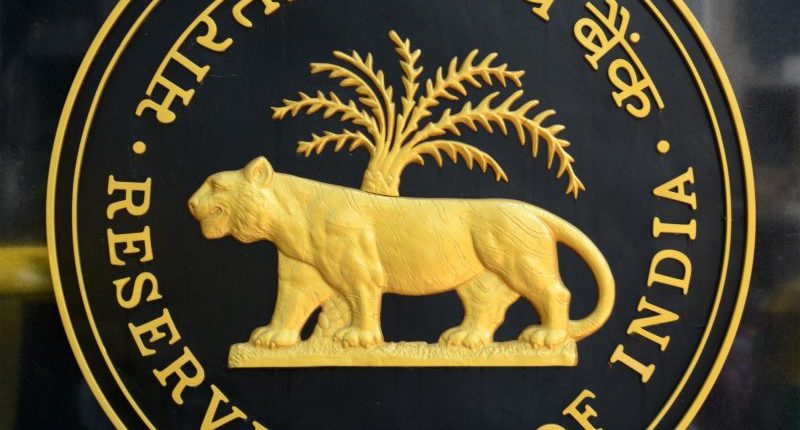According to the latest announcement, the Reserve Bank of India (RBI) has decided to change the rules applicable to Special Non-Resident Rupee (SNRR) account. RBI wants to extend the scope of the account; that is, account holders can now make the rupee-denominated external commercial borrowing, trade credit, and trade invoicing by signing up for the account.
Another change in the SNRR account is that the seven-year restriction on the SNRR account is to be discontinued. Clear guidelines will be announced within a month’s time. Earlier, there was a rule stating the tenure of a member account cannot exceed seven years. Upon completing seven years, the account needed approval for account renewal from RBI.
Also Read: Repo Rate Slashed Fifth Time in a Row; Now at 5.15 per cent
In contrast, the seven-year restriction does not apply to those accounts that are opened by a person resident outside India for investing complying to the Foreign Exchange Management Regulations, 2017 listed on the RBI website.
The changes in the scope of the account were decided after consulting with the Government of India. The updates were published in the ‘Statement on Developmental and Regulatory Policies’, a bi-monthly statement issued by RBI.
Any person living outside India with business interest in India can open an SNRR account with an authorised dealer. Such an account is mandatory to make any legal transaction in Indian currency. You must know that an SNRR account is different from an NRO account. An NRO account is an account opened in India in the name of an NRI for managing his income. It can earn interest, unlike the SNRR account where no interest is credited. Also, an SNRR account is a repatriable account where the account holder can move money from India to their own country of origin.
For any clarifications/feedback on the topic, please contact the writer at apoorva.n@cleartax.in.





